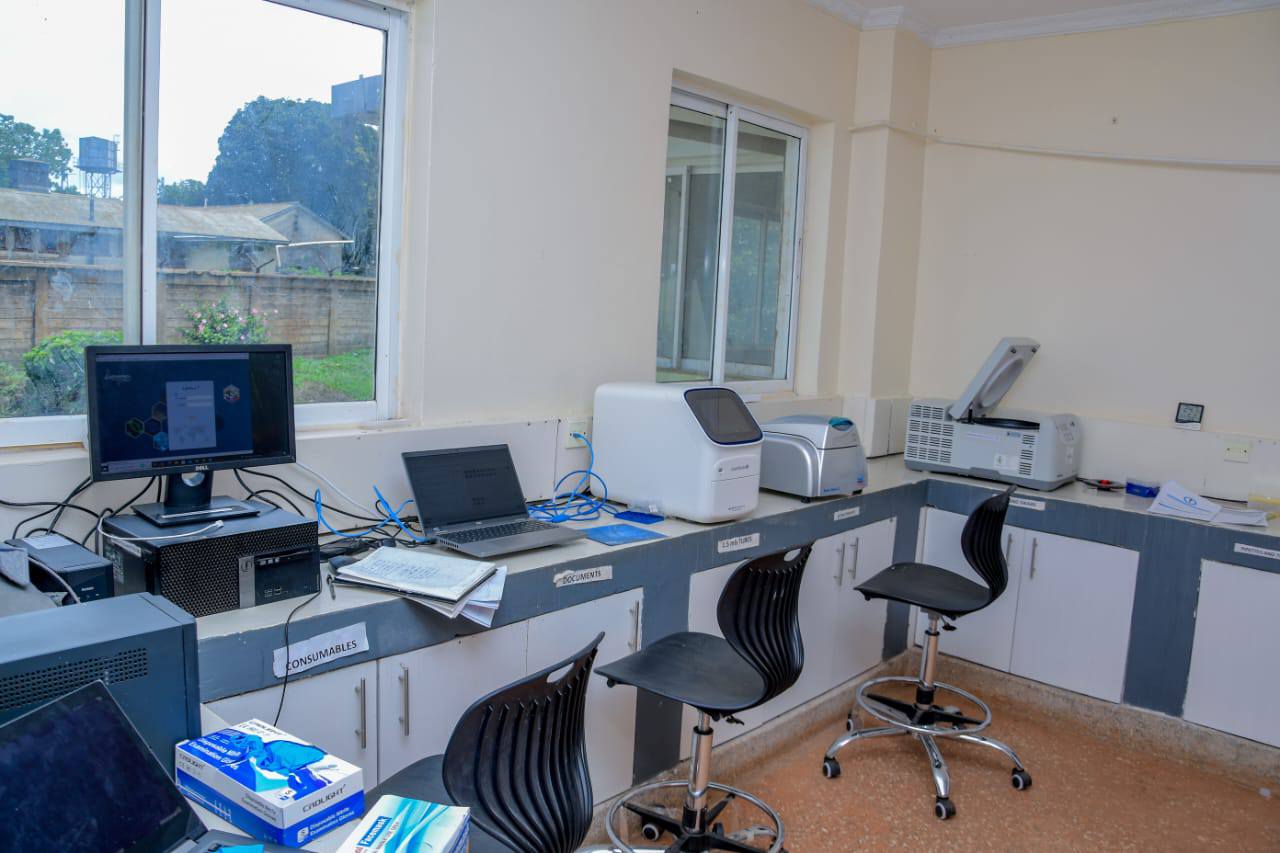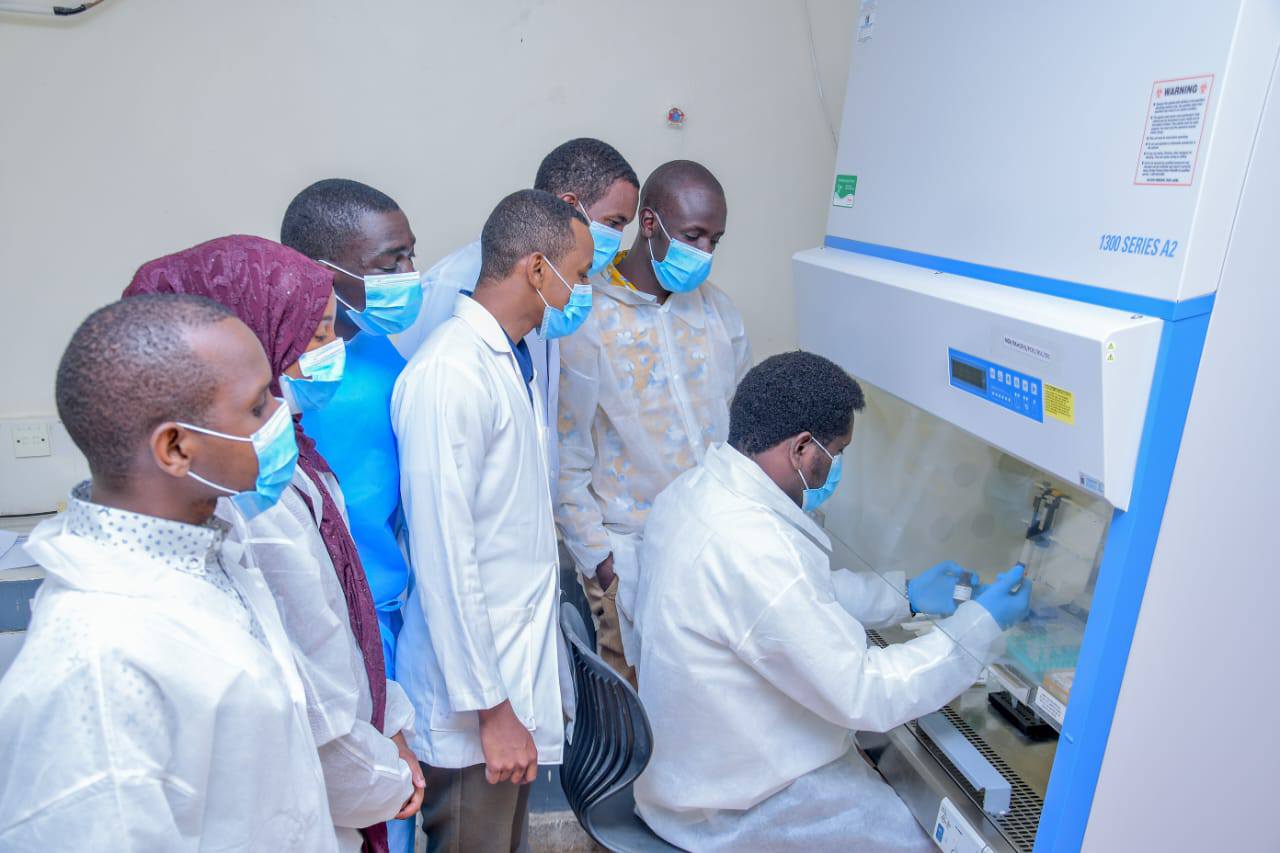Marsabit County has taken a major step forward in epidemic preparedness with the enhancement of its Regional East African Public Health Laboratory, located at the Marsabit County Teaching and Referral Hospital.
Following an intensive molecular diagnostics training programme, conducted in partnership with the Association of Public Health Laboratories (APHL) and the U.S. Centers for Disease Control and Prevention (CDC), the facility is now equipped to carry out real-time reverse transcription polymerase chain reaction (RT-PCR) testing.
The upgrade enables the laboratory to conduct advanced diagnostics for a wide range of high-priority public health threats.

This includes viral haemorrhagic fevers such as Dengue, Chikungunya, Crimean-Congo Haemorrhagic Fever (CCHF), Rift Valley Fever, and Yellow Fever. It also covers bacterial infections like Brucella and Leptospira, as well as diseases including Leishmaniasis, Mpox, Influenza, Respiratory Syncytial Virus (RSV), and COVID-19.
Health officials say the development marks a significant shift in the county’s capacity to detect, respond to, and manage public health risks.
With molecular diagnostics in place, the laboratory can now support earlier outbreak detection, improve patient care through timely test results, and generate high-quality data to guide public health interventions.
Health facilities across Marsabit County have been urged to align their sample referral processes with the laboratory’s operational framework to ensure faster and more coordinated responses to emerging threats.
Governor Mohamud M. Ali has reaffirmed his administration’s commitment to investing in systems that improve disease detection and control, underscoring the county’s readiness to address both local and global health challenges.

